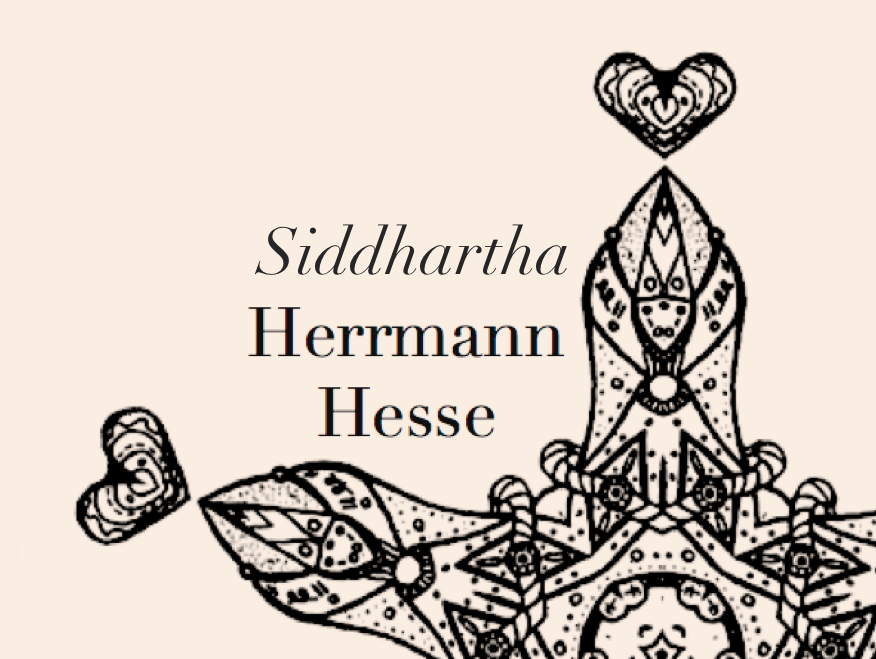
The article “How Will You Measure Your Life?” written by Harvard Professor Christensen is worth reading. It is indeed worth reading twice. Christensen worked for BCG and went to Oxford; I guess, I almost had to pick it. But before we start, this is a good question to ponder on: How do we measure our lives? –.
// What to tell others.
His kind of introductory story is about how he does not tell the chairman of Intel what to think but how to think. I believe, this should actually be a fundamental pillar in our education systems and a focus in any kind of relationship: Enable thinking. And the article is written in such a tone.
// Approach to life.
What tools do we have to think about our life? One way is to employ the models we learn, which we normally apply to what is around us and focus on what is inside us.
Christensen looks at life as a resource allocation process: what is your purpose in life? Allocate your resources accordingly. Or what if we look at management differently? An alternative definition could well be, that management is the art of helping people.
// What drives us?
“One of the theories that gives great insight on the first question—how to be sure we find happiness in our careers—is from Frederick Herzberg, who asserts that the powerful motivator in our lives isn’t money; it’s the opportunity to learn, grow in responsibilities, contribute to others, and be recognized for achievements.”
In other words, it is not get, it is give.
// On principles in principle.
“The marginal cost of doing something wrong “just this once” always seems alluringly low. It suckers you in, and you don’t ever look at where that path ultimately is headed and at the full costs that the choice entails. Justification for infidelity and dishonesty in all their manifestations lies in the marginal cost economics of “just this once.””
“The lesson I learned from this is that it’s easier to hold to your principles 100% of the time than it is to hold to them 98% of the time.”
This is the art of being true to oneself – defining values, living values.
// Starting to focus.
“I apply the tools of econometrics a few times a year, but I apply my knowledge of the purpose of my life every day.”
This entails the question: How much time a day do I spend on the things which are really important to me?
Sadly, “[p]eople who are driven to excel have this unconscious propensity to underinvest in their families and overinvest in their careers—even though intimate and loving relationships with their families are the most powerful and enduring source of happiness.”
// The art of being humble.
“And if your attitude is that only smarter people have something to teach you, your learning opportunities will be very limited. But if you have a humble eagerness to learn something from everybody, your learning opportunities will be unlimited. Generally, you can be humble only if you feel really good about yourself—and you want to help those around you feel really good about themselves, too.”
Briefly: Give and want to give, and you will be given. Be humble and you are strong.
// What for?
“I have a pretty clear idea of how my ideas have generated enormous revenue for companies that have used my research; I know I’ve had a substantial impact. But as I’ve confronted this disease [cancer], it’s been interesting to see how unimportant that impact is to me now. I’ve concluded that the metric by which God will assess my life isn’t dollars but the individual people whose lives I’ve touched.”
“Think about the metric by which your life will be judged, and make a resolution to live every day so that in the end, your life will be judged a success.”
In a way, be conscious about your life, define how you want it to be judged and act accordingly. Simply put, but hard to put into practice.
